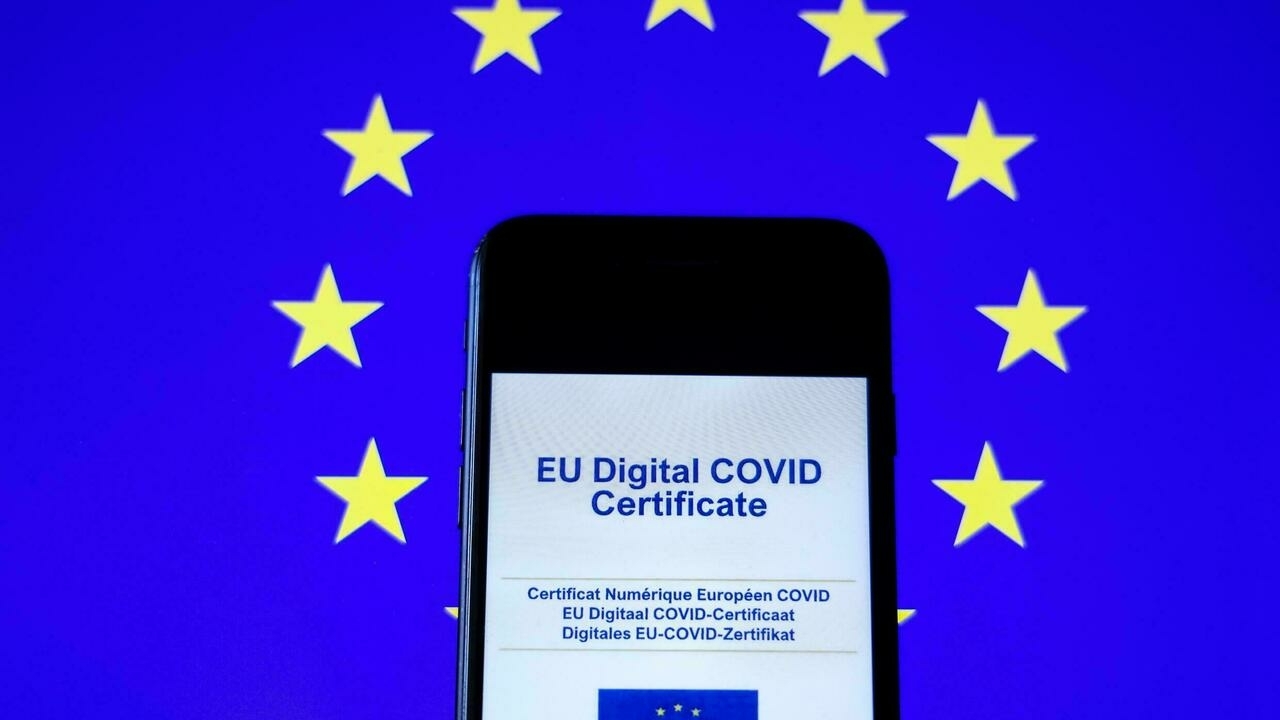Georgia, Moldova and Serbia officially joined the EU’s COVID digital certificate system on November 15, after the three countries met all the requirements to become part of the system used to travel across Europe.
“Today we welcome Georgia, Moldova and Serbia to our #EUCovidCertificate system,” the EU Commission wrote yesterday on its official Twitter page.
According to a recent statement, COVID-19 certificates issued by the authorities of Georgia, Moldova and Serbia will now be recognized under the same conditions as the EU digital COVID certificate issued by EU / Schengen countries.
This means that nationals of these third countries will now be able to travel to EU member states and other third countries that are already connected to the system, provided they have a valid certificate of vaccination or recovery from the virus.
Those who have recently tested negative for COVID-19 also fall under the same rules, SchengenVisaInfo.com reports.
“When traveling, the holder of the EU COVID digital certificate should in principle be exempted from restrictions on free movement: Member States should refrain from introducing additional travel restrictions for holders of the EU COVID digital certificate,” the Commission explained.
However, the authorities of Georgia, Moldova and Serbia should maintain relaxed rules of entry and movement for other holders of the EU COVID digital certificate, which means that holders of this document should be exempted from all entry rules when entering these three countries.
In addition to Georgia, Moldova and Serbia, which have joined the system only now, 11 more third countries are connected to the gateway.
“49 countries and territories on five continents are now connected to the system – thereby increasing confidence in the safety of travel inside and outside the EU!” – added the Commission.
These countries include Albania, Armenia, the Faroe Islands, Israel, Morocco, New Zealand, North Macedonia, Panama, Turkey, Ukraine and the United Kingdom.
When arriving in any EU member state, travelers from Georgia, Moldova, Serbia and other countries that are already part of the system must ensure that their vaccination certificate states that they have been fully vaccinated against the virus with one of the vaccines recognized by the country of destination.
All EU / Schengen countries accept doses of vaccines approved by the European Medicines Agency (EMA). In contrast, vaccines approved by the World Health Organization (WHO) are not widely accepted.
To avoid the inconvenience of traveling abroad, it is strongly recommended that everyone check the validity of their vaccine. This can be done using the vaccine validation tool developed by VisaGuide.World, which helps travelers check if the vaccine they received is recognized in the destination country.

